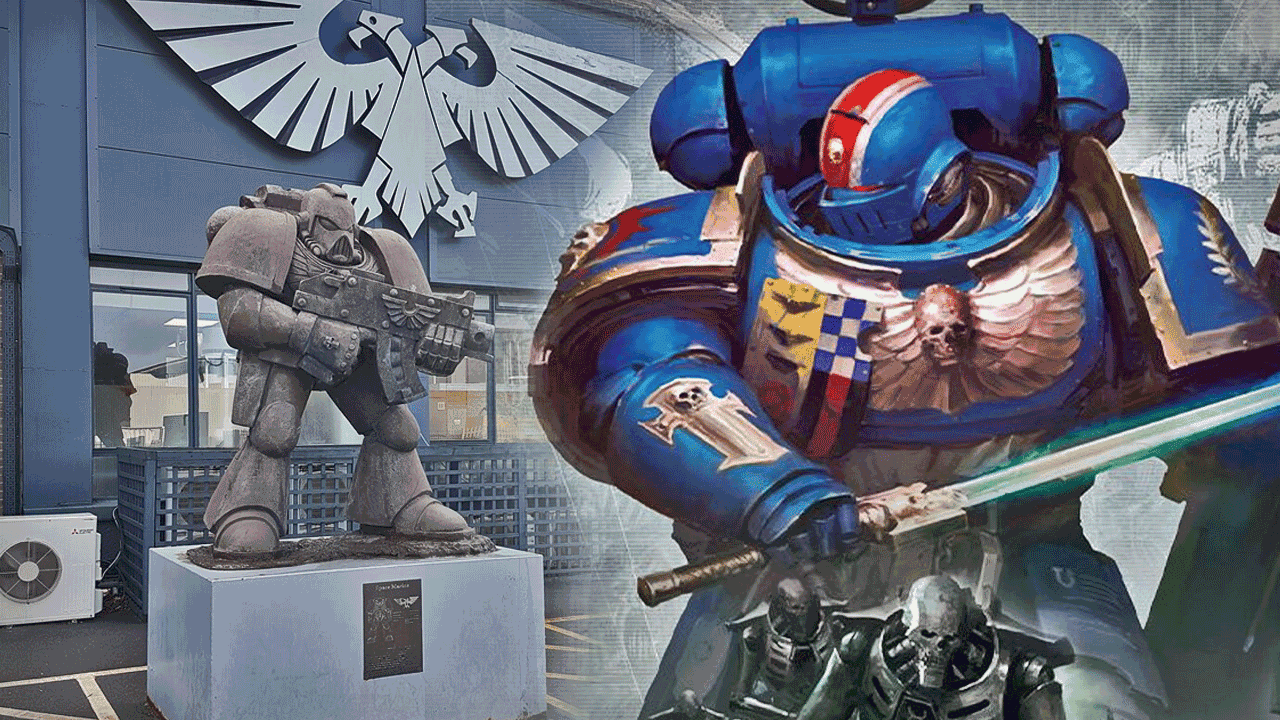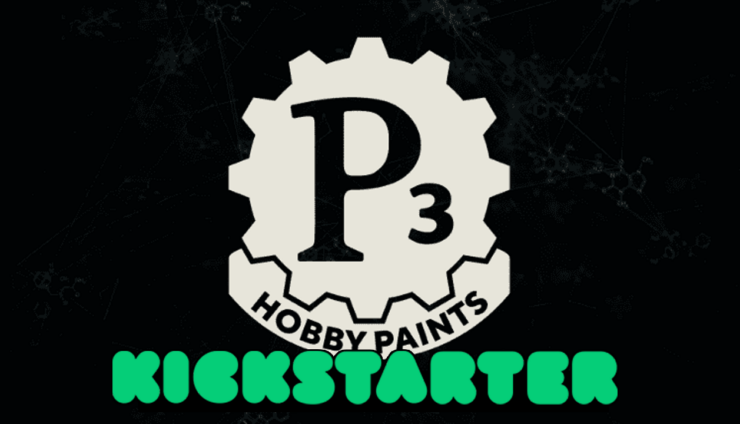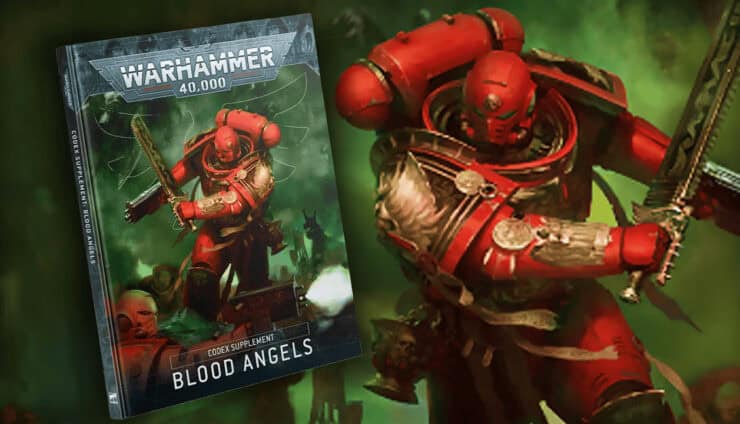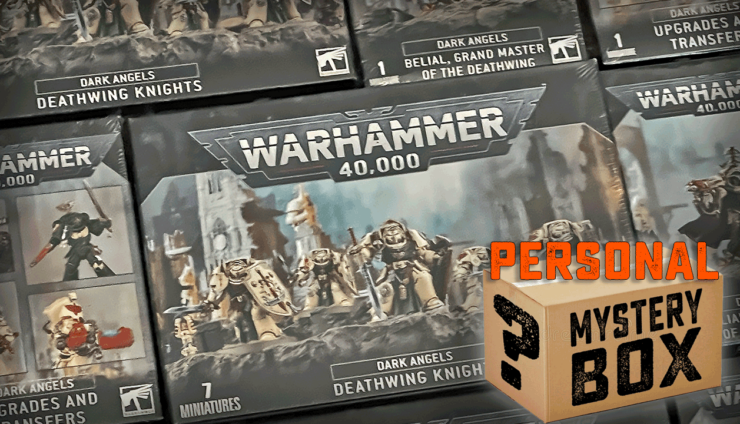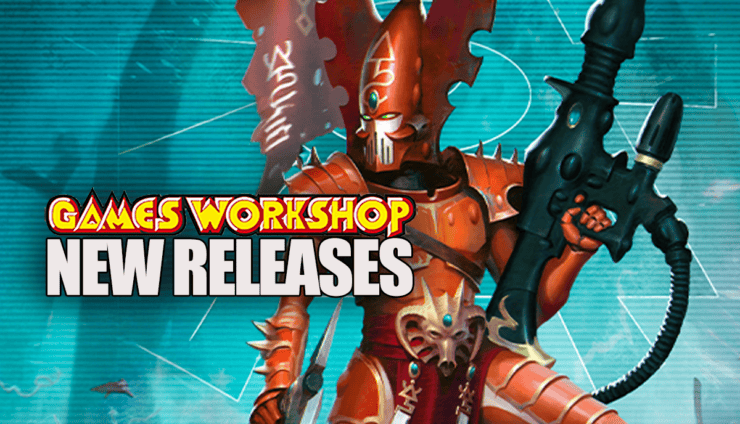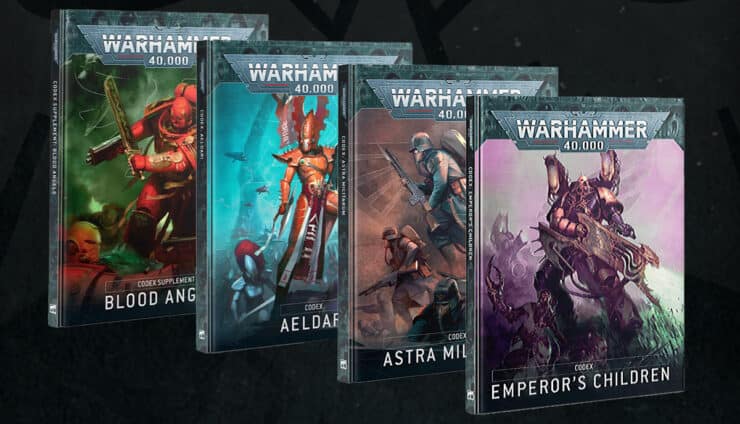Games Workshop banned AI in the Golden Demons but still uses it to police its IP, manifesting the ultimate 40k universe-esque hypocrisy.
Despite Ban, Games Workshop Uses AI Themselves
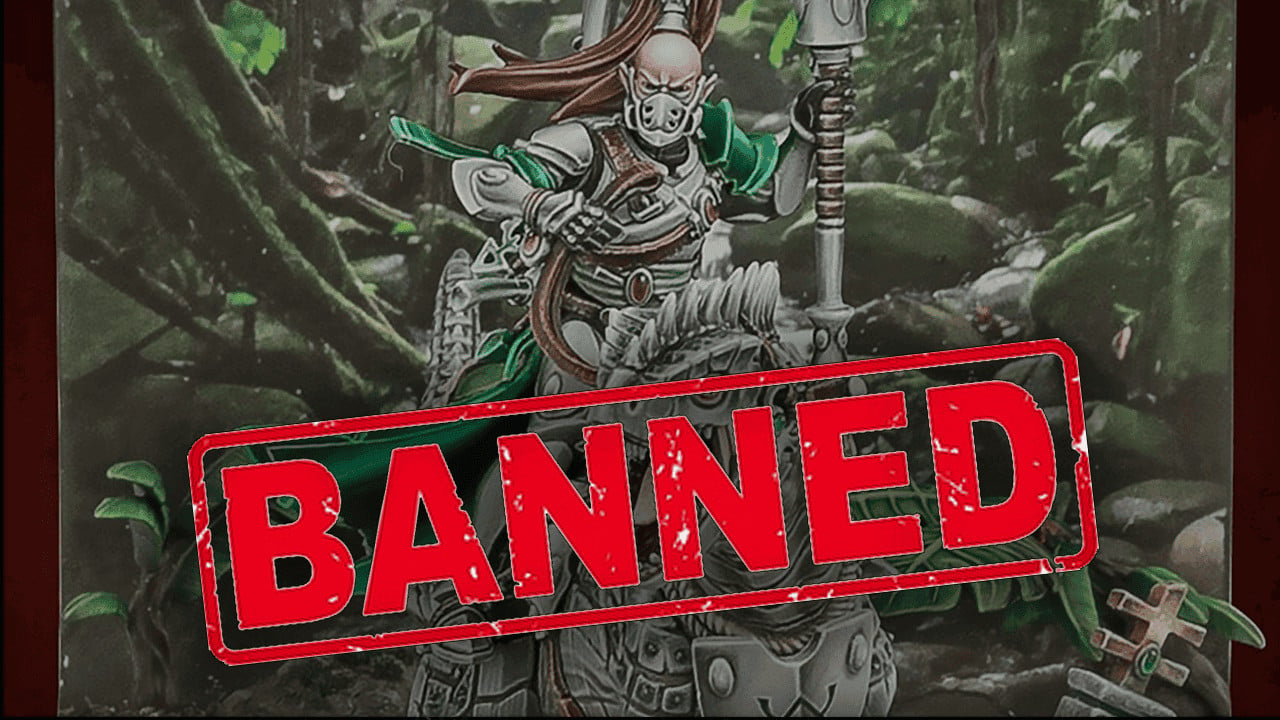
Games Workshop’s AI Policy: A Double Standard
In their official stance, Games Workshop emphasizes that their competitions should celebrate the skills, creativity, and labor of human hobbyists. Whether you’re brandishing a brush for the first time or have a paint rack the size of a small continent, the company wants the playing field leveled—and free from shortcuts.
This ethos has been a defining part of the Warhammer community for years. Creativity isn’t just encouraged; it’s celebrated. Conversion kits, kitbashing, unique paint schemes—there’s something almost sacred about what hobbyists can bring to the tabletop. But while this anti-AI stance is easy to understand in that context, it starts to fall apart when we shift our attention from hobbyists to the wider commercial world where Games Workshop’s lawyers roam.
Contradiction with IP Enforcement
Here’s where things get murky. On the digital battlefield of eBay, where sellers list everything from genuine GW kits to third-party parts, it’s not human hands doing the enforcing—it’s an AI. Games Workshop has partnered with BrandShield, a company that uses automated systems to track down and eliminate counterfeit products. The issue? This AI isn’t exactly as discerning as the average Warhammer player. It’s like sending a servitor to do a Tech-Priest’s job—it might know the basics, but it’s not subtle about it. Sellers have reported listings being flagged or removed, even if the products they’re offering have nothing to do with GW’s IP. Star Wars Legion? Tagged. BattleTech? Caught in the net. All because they vaguely resemble something the algorithm thinks is from the grimdark universe.
For a company that prides itself on the uniqueness and creativity of its community, this reliance on automated enforcement feels at odds with its other policies. Sure, it’s a way to protect their IP, but when that same AI system is taking down listings that have no relation to GW, it’s clear there’s a gap between intention and outcome. If creativity is the heart of the hobby, then accuracy should be the backbone of any enforcement effort. Right now, it feels like they’re using a plasma gun to swat a fly—and burning down the whole hab-block in the process.
In the end, Games Workshop’s double standard on AI reveals a broader tension: the need to protect what makes the hobby special versus the practicalities of running a business in a digital world. The company’s approach to AI might be trying to strike a balance between these competing goals, but as it stands, it feels like a strategy that’s torn between upholding tradition and embracing the future—sometimes at the cost of both.
The BrandShield AI Controversy: A Broken Tool for IP Protection

The AI’s faulty detection mechanisms have led to some pretty spectacular misfires. Sellers listing Star Wars Legion figures, BattleTech mechs, and even Marvel Crisis Protocol models have found themselves on the receiving end of takedown notices claiming they’re infringing on Games Workshop’s intellectual property. It’s like if you walked into a burger joint and they accused you of eating pizza. This overzealousness is causing headaches across the board, especially when the AI swoops in on products that have absolutely nothing to do with Warhammer.
The reality is that the hobby world is a patchwork of IPs, genres, and fan creations. For hobbyists, distinguishing between a Warhammer 40K figure and a BattleTech mech is a no-brainer, but BrandShield’s AI is either too simple or too aggressive. If it even vaguely looks like a power-armored warrior or a mechanical behemoth, it’s game over for the seller. The result? A pile of false takedowns and frustrated sellers wondering why they’re being hit with claims for items they never thought would fall under GW’s gaze. And as we’ll see, the fallout is much worse than just a minor inconvenience.
Sellers’ Struggles and Community Backlash
Naturally, this has sparked accusations of harassment. Sellers argue that BrandShield’s enforcement is not only heavy-handed but also poorly targeted. Imagine spending years building a business selling third-party accessories or non-GW models, only to have it all come crashing down because the AI mistakes your sci-fi miniatures for Warhammer knock-offs. The worst part? Even if you can prove your innocence, it’s a time-consuming process that can put your business on hold, all because an algorithm got it wrong.
The long-term consequences are worrying. Some sellers are already steering clear of Warhammer-related categories altogether, even if their products are relevant. Why risk the wrath of an overzealous AI when you can shift to safer, less litigious markets? This could lead to a chilling effect where fewer options are available for hobbyists, especially for third-party bits and accessories that have traditionally thrived in this space. It’s a case of collateral damage that affects not just sellers but the entire community.
The Risk of Automated Enforcement in a Niche Market
The miniature wargaming community is a world unto itself, with its own languages, subcultures, and factions. It’s a place where the difference between a Space Marine and a Star Wars trooper is as obvious as night and day. But to an AI built for broad-spectrum IP protection, these distinctions are harder to grasp. Automated enforcement in such a niche market is like sending an Imperial Titan to swat a few flies—it’s overkill, and it often ends in unintended destruction.
The problem lies in the complexity of this market. The sheer variety of products—from official models to fan-made terrain, third-party accessories, and even entirely different game systems—creates a minefield for any automated system. AI pattern recognition might be good at spotting a knock-off handbag, but when faced with the intricate nuances of miniature gaming, it’s out of its depth. It’s no wonder, then, that BrandShield’s AI is flagging products from entirely unrelated franchises as counterfeit Games Workshop items.
The stakes are high. A misstep in this space can cost sellers their livelihoods and damage the trust that keeps communities like this thriving. Fans and sellers alike rely on accuracy and fairness, but when the enforcement tool is this blunt, everyone suffers. Games Workshop’s reliance on AI enforcement might make sense from a cost and efficiency perspective, but in a hobby where every model and every piece of terrain tells a story, it’s clear that human oversight is sorely needed. Otherwise, the very creativity that Games Workshop claims to protect could be strangled by the heavy hand of automated enforcement.
Community Reactions: A Growing Disconnect with Games Workshop
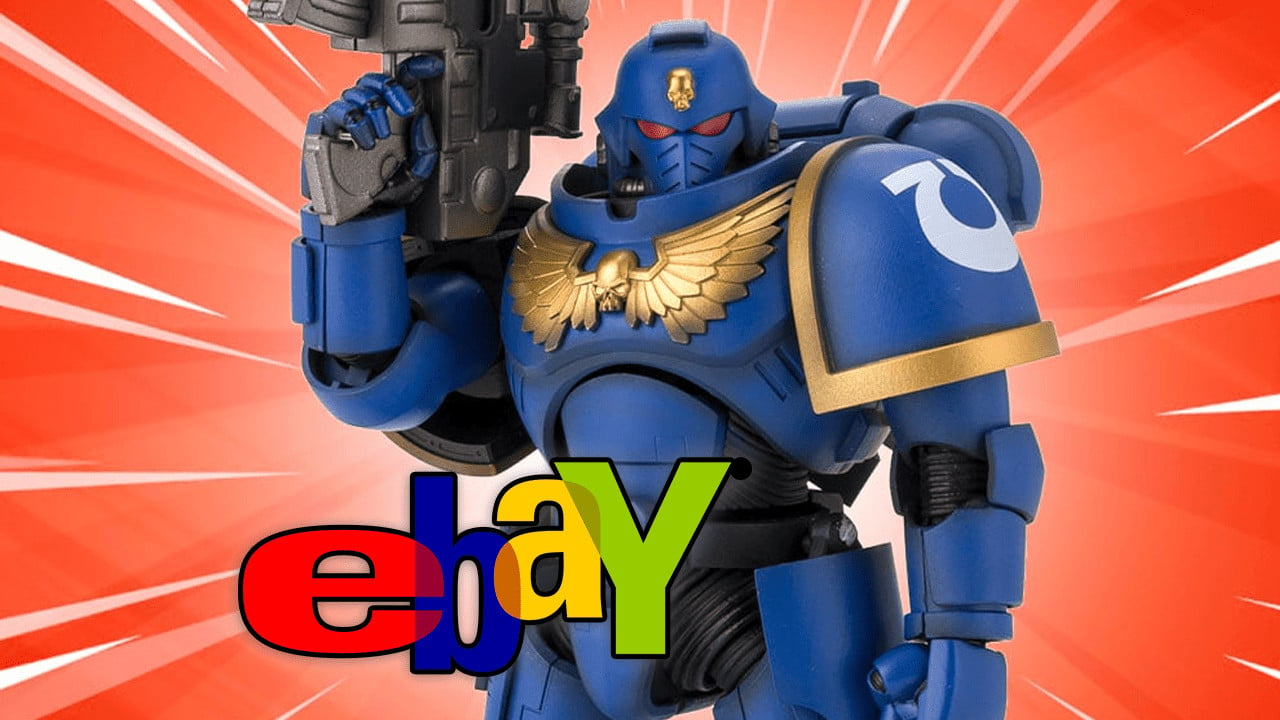
For a bit of context, this isn’t the first time a big company has thrown its legal weight around with all the subtlety of an angry Carnifex. Remember the Pinkerton debacle with Wizards of the Coast? A hapless YouTuber received Magic: The Gathering cards before their release date, and Wizards sent the Pinkertons—yes, those Pinkertons—to “retrieve” them. The heavy-handed approach caused a massive PR storm and left fans wondering if 19th-century detectives were policing their tabletop worlds.
The real kicker? Many hobbyists see this as yet another example of GW’s disconnect with its fanbase. From price hikes to legal battles with fan creators, Games Workshop’s relationship with its community has been, let’s say, tumultuous. The introduction of automated IP enforcement feels like the latest chapter in a saga of overreach, where fans and sellers—who help build the ecosystem of third-party bits, custom paint jobs, and compatible accessories—are treated more like enemies than allies.
Conclusion: The Need for a Balanced Approach
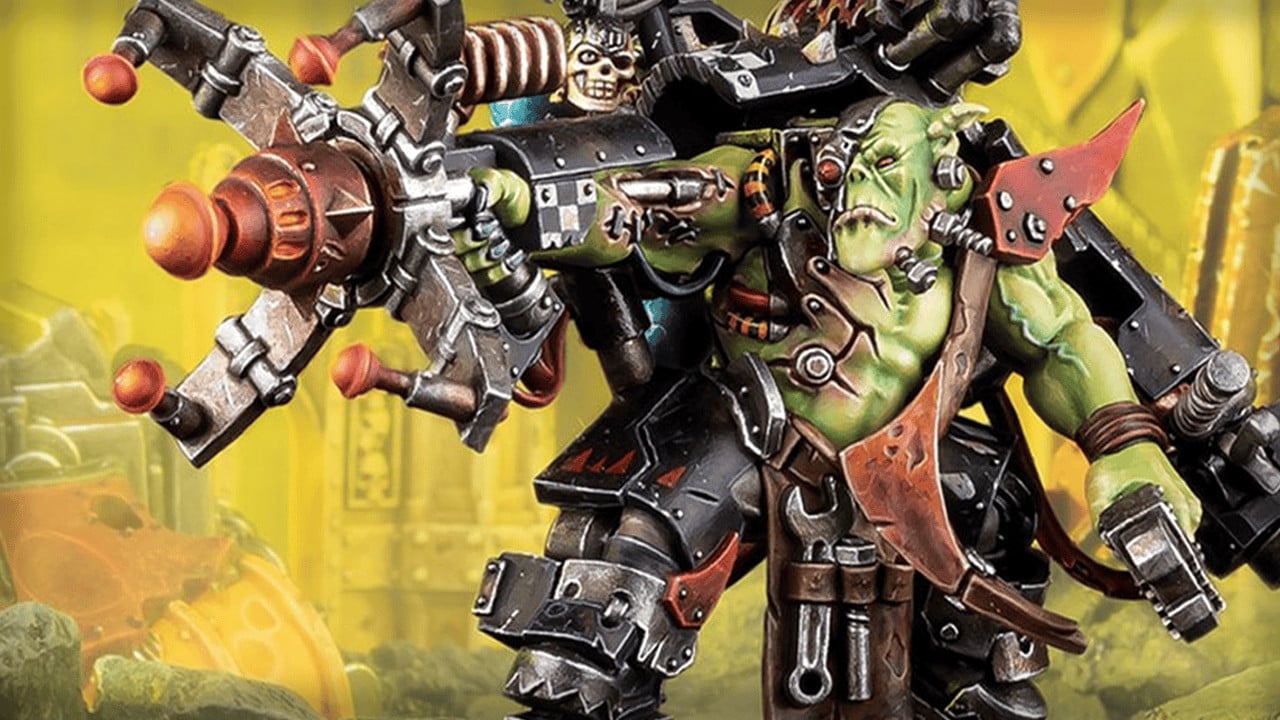
One possible way forward could involve better communication and transparency with the seller community. Imagine a world where GW works with sellers instead of against them, offering clear guidelines and even dedicated support for resolving disputes quickly. This might be a bit optimistic, but hey, stranger things have happened—like the time the Squats came back from the dead.
And let’s not forget the delicious irony in all this. Games Workshop, a company that has banned AI-generated content to “protect creativity,” is relying on a glitchy AI system to enforce its IP rights, often in ways that undercut the very creativity it claims to champion. It’s a classic case of the right hand not knowing what the left hand is doing—or in this case, the human side of GW not knowing what their AI enforcer is messing up online.
In the end, it’s clear that the Warhammer community deserves better. Whether you’re a hobbyist, a seller, or just someone trying to enjoy their plastic warriors in peace, there’s room for a more intelligent, fairer approach that protects IP without trampling on the creativity and passion that have made this hobby thrive for decades. Until then, we’re left with an awkward mix of old-school craftsmanship and new-age tech, and not the good kind of hybrid we see on the tabletop.
All the Latest Warhammer Rules & Model Rumors
What do you think about the double standards of Games Workshop’s policy on AI and the rash of false takedowns on eBay?
